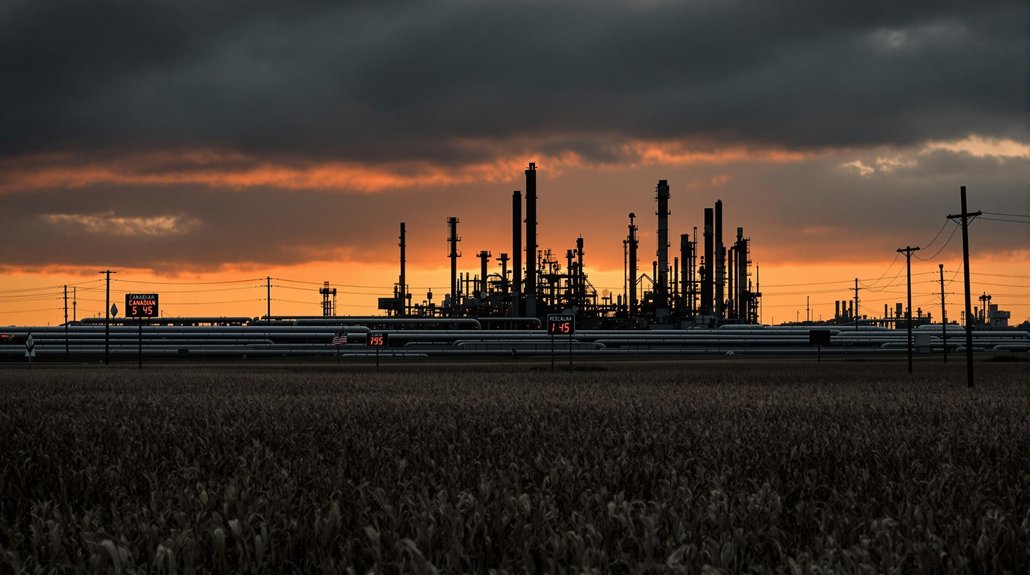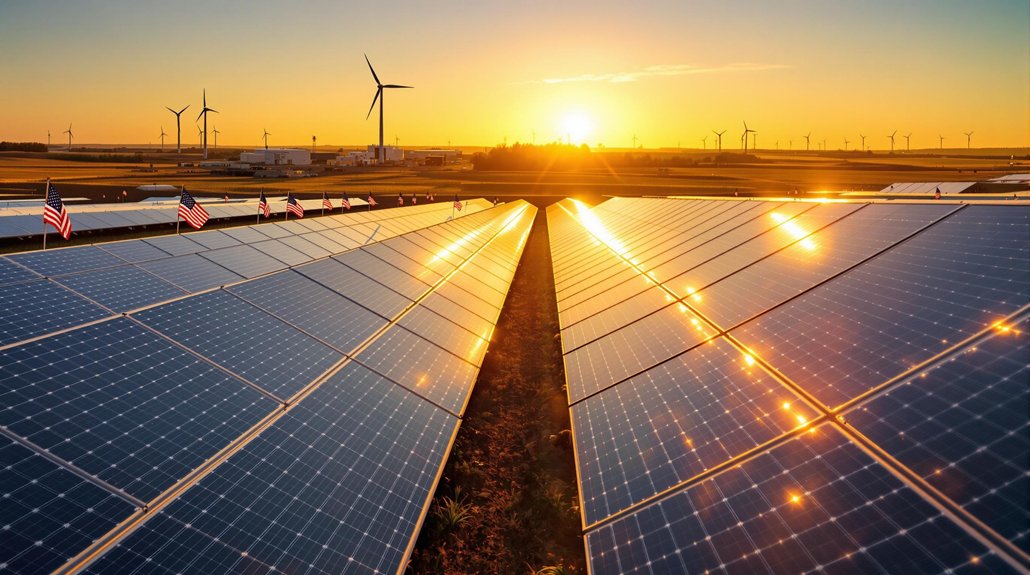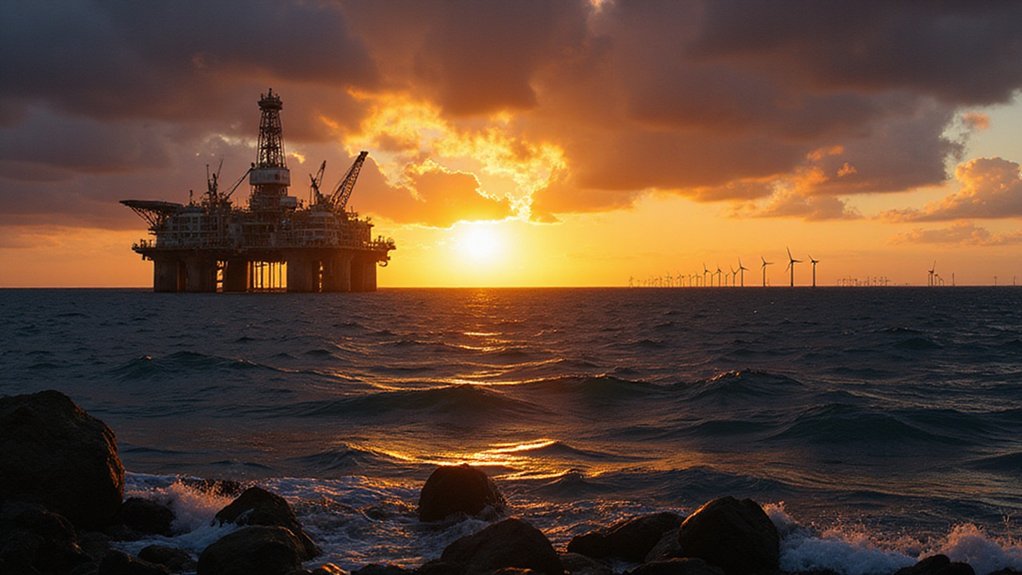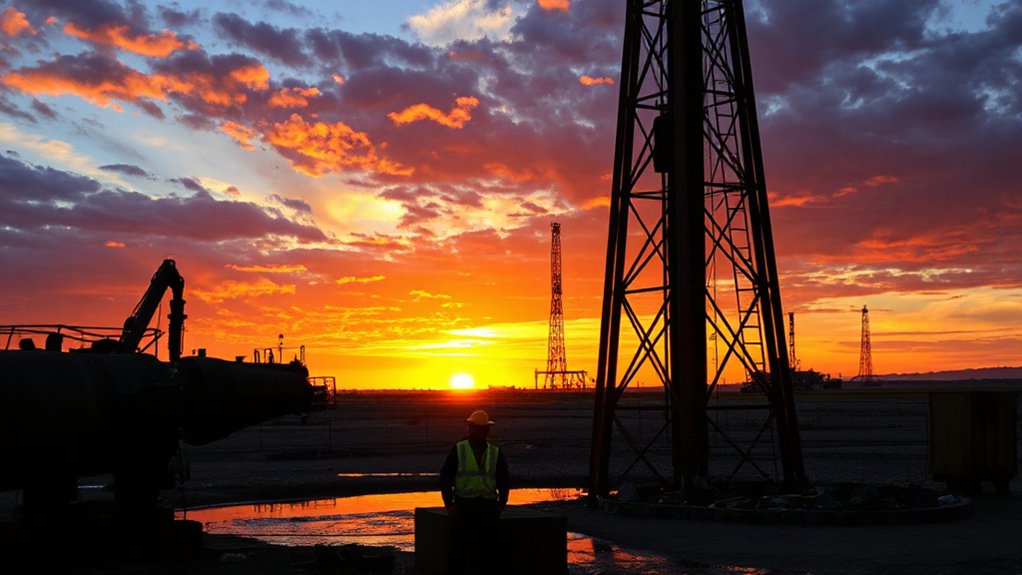Trump-supporting regions face significant economic risks from proposed Canadian oil tariffs. Midwest gas prices could jump 50 cents per gallon, with up to 700,000 jobs at stake nationwide. Two-thirds of these job losses would impact counties that voted Republican. Harris County, Texas might lose 33,000 jobs, while Wayne County, Michigan faces 26,000 potential cuts. These economic pressures could challenge vulnerable Republican representatives in upcoming elections.
As President Trump prepares to impose steep tariffs on Canadian oil imports, Republican strongholds across the Midwest and Southeast face potentially severe economic consequences. The Midwest relies heavily on Canadian crude oil, with many refineries specifically designed to process the heavier oil that comes from north of the border. This dependence puts these areas at particular risk.
Analysts project gas prices could jump by 50 cents per gallon in the Midwest if the tariffs take effect. This increase would hit consumers hard in states like North Dakota, Indiana, Ohio, Kentucky, Alabama, and West Virginia – all areas that strongly supported Trump in the 2024 election.
Gas prices may spike 50 cents per gallon in Trump-supporting Midwest states under new Canadian oil tariffs
Job losses could be significant. Studies suggest up to 700,000 jobs could be affected by tariffs on Canada and Mexico, with 256,000 potential job losses in the oil and gas industry alone. Harris County in Texas might lose 33,000 jobs, while Wayne County, Michigan faces 26,000 job losses. Remarkably, two-thirds of these at-risk jobs are in counties that voted for Trump.
Economic projections paint a troubling picture. The tariffs could reduce U.S. GDP by $200 billion over four years while pushing inflation up by half a percentage point. Annual import taxes from Canada could increase by $106 billion, with transportation sector taxes potentially jumping from $4 billion to $68 billion yearly. The Canadian dollar has already dropped 8% since September, which may partially offset some tariff effects initially.
The political fallout may affect the 2026 midterm elections, particularly in swing districts throughout the Midwest. Vulnerable Republican representatives in these regions might face voter backlash if economic conditions worsen. Congressional Republicans like Mariannette Miller-Meeks and Zach Nunn from Iowa could find their reelection chances threatened as Democrats capitalize on rising energy costs.
Beyond oil, interconnected supply chains mean other industries will suffer too. The automotive sector, heavily integrated with Canadian partners, faces major disruptions. Construction costs will rise as Canadian lumber becomes more expensive.
For Trump, who has promised lower gas prices to fight inflation, these tariffs create a difficult economic challenge. As prices at the pump rise, Republican voters in the heartland may feel the pinch most severely.








